Helstrom marks the end of an era for Marvel Television
It's time to wave goodbye to Marvel Television as we currently know it
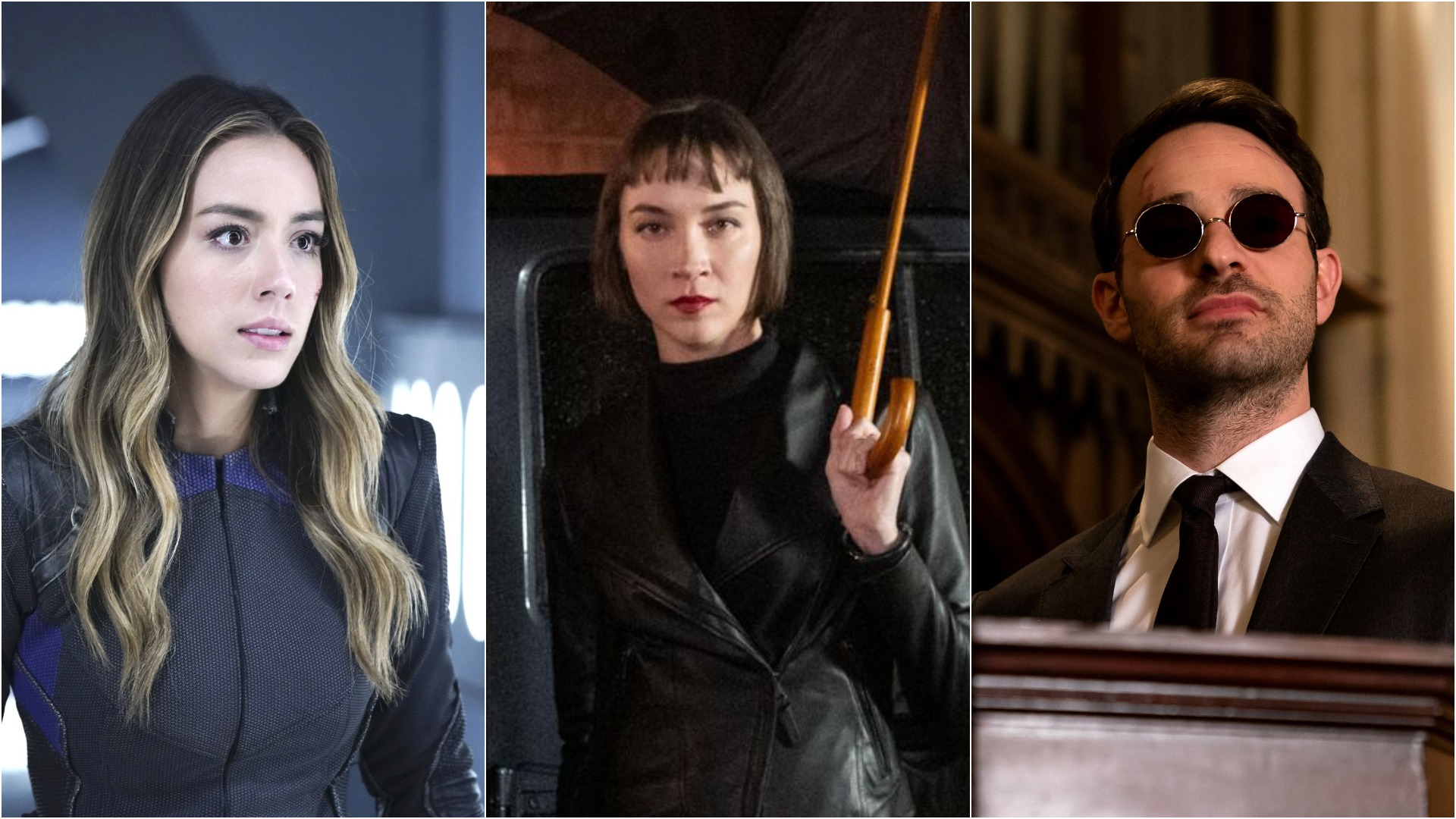
Marvel Television has finally come to an end. Helstrom – the horror-tinged series that made its debut on Hulu – marks the last Marvel Cinematic Universe-set show to be released by the now-defunct subdivision of Disney's superhero studio (Marvel Studios will now look after all upcoming Disney Plus series).
However, we shouldn't be so quick to move on. Yes, WandaVision, Falcon and the Winter Soldier, and Loki will no doubt be fantastic, yet there was something charming and different about Marvel Television's MCU output. Where the movies were so carefully orchestrated by Kevin Feige, the shows had a much looser feel. Not everything was quite so connected, and that led to some terrific moments – and some absolute stinkers.
It all started with Agents of Shield. Following the huge success of 2012's The Avengers, Jeph Loeb – the head of Marvel Television, formed in 2009 – was quick to get director Joss Whedon involved with a potential series for ABC. A pilot episode was soon commissioned and Whedon, his brother Jed and sister-in-law Maurissa Tancharoen, all became attached as co-writers. From there, the network picked the show up for a 22 episode season, and the world awaited to watch what the trio had produced.
That pilot remains the most-watched episode of anything Marvel Television produced. Over 12 million people tuned in to see Agent Phil Coulson, played by Clark Gregg, miraculously return from the dead following his demise in Avengers. How did he come back? That would become one of the central mysteries going forward, but not the show's only pull. The Whedons assembled a group of fresh Agents – Melinda May, Grant Ward, and FitzSimmons (that's Fitz and Simmons) – who were a particularly ill-fitting team at first, and added a hacker-turned-superhero of their own: Chloe Bennet's Skye.
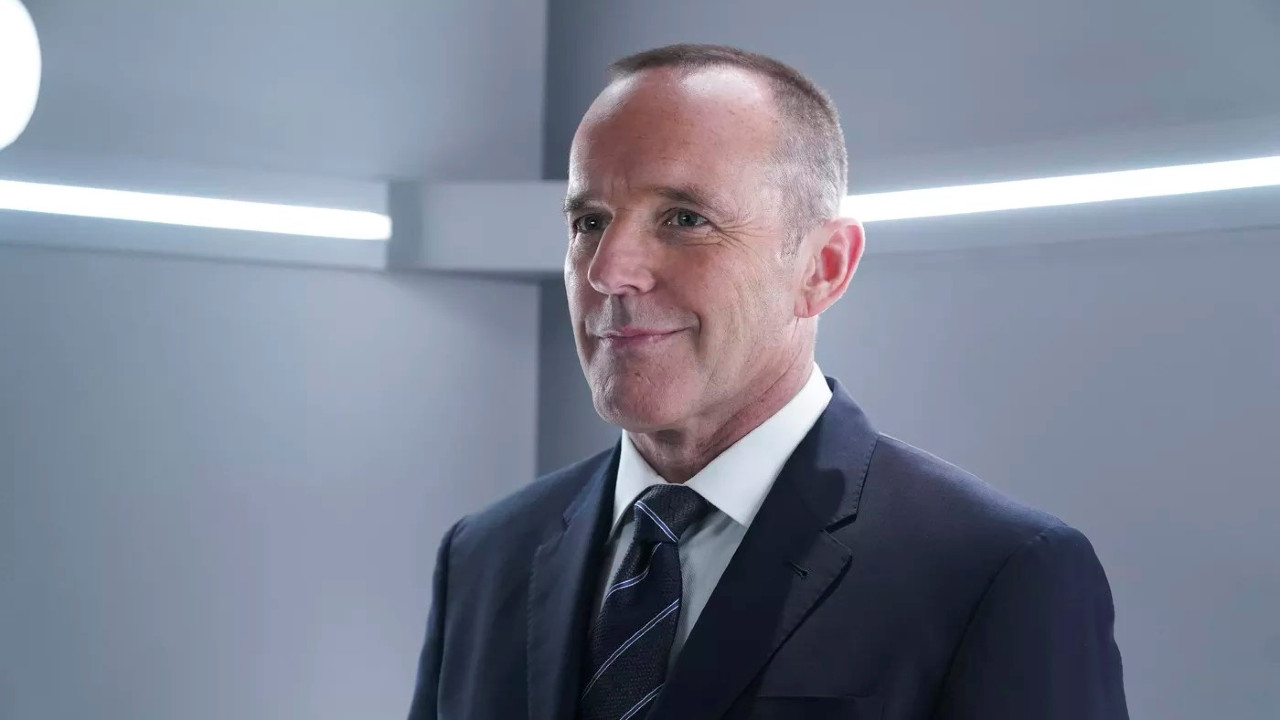
Some viewers were immediately disgruntled. Where were the Avengers? There were mentions of Thor and Iron Man, and Nick Fury showed up a few times later on, but the series couldn't deliver the big guns – no doubt they would cost too much. Some episodes in the first season tied into the events playing out on the big screen, such as the Agents dealing with the aftermath of Thor's trip to London in The Dark World.
Unfortunately, none of that was enough to keep those 12 million viewers hooked. Numbers began to dwindle as the quality was uneven and the writers struggled with some characters, especially the future lead, Skye. By tying the show to the movies, Agents of Shield struggled to form its own identity, and the constant reminder that the Avengers were out there, somewhere, quickly grew annoying rather than endearing.
That changed soon enough. For those Marvel fans who persevered with Agents of Shield, the later seasons become things of wonder. Skye became Daisy, who took on the superhero identity of Quake. The Inhumans were introduced, adding a few more powered-beings. Then came attractions such as Ghost Rider, Life Model Decoys, and time-travel. More importantly, the main team came into their own. Coulson's mysterious return was soon resolved (Tahiti, it's a magical place) and he moved on to being a stand-in Dad for Daisy. FitzSimmons' love story became a reason kept a couple of million people tuning in until the bitter end.
Sign up for the Total Film Newsletter
Bringing all the latest movie news, features, and reviews to your inbox
At seven seasons long, Agents of Shield was a rarity for Marvel Television – the only show allowed to grow beyond three seasons. There were two other series produced for ABC: Inhumans, which was simply awful and felt like a wasted opportunity when the whole Inhuman story had been done with Agents of Shield, and Agent Carter. Pour one out for Agent Carter. Cancelled before its time, the Hayley Atwell-led series was a whimsical period piece that remains the only Marvel show audacious enough to have a musical episode. Only two seasons were made, but with renewed interest in Peggy's story thanks to Avengers: Endgame, hopefully we'll one day see more of her scuffles with the patriarchy.
Marvel, meet Netflix
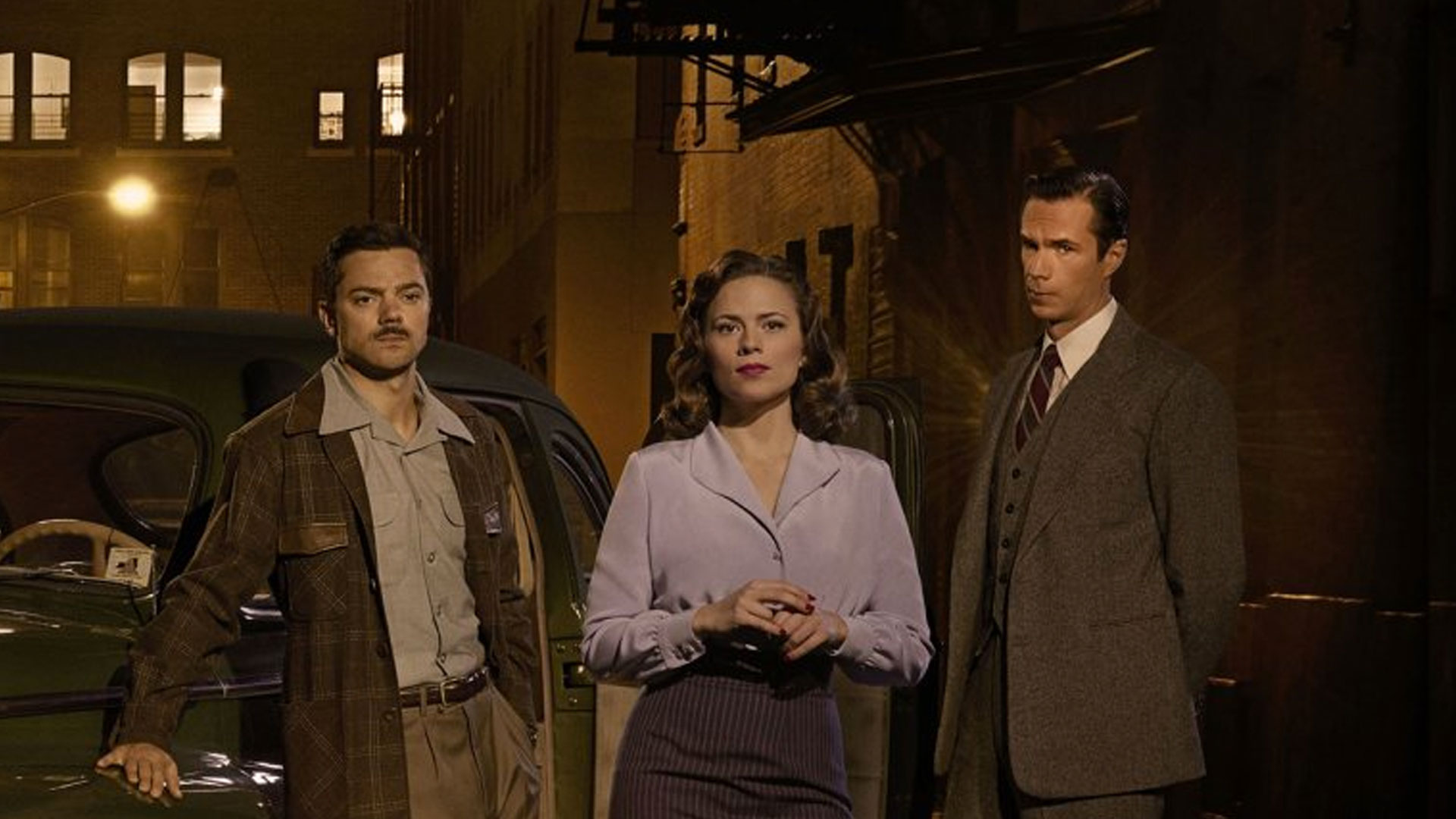
Although Shield and Agent Carter were not the mega-hits of the movies, Marvel Television found a way to (briefly) become the centre of the superhero conversation. I am, of course, talking about the Netflix series. Daredevil, Jessica Jones, Luke Cage, Iron Fist, and The Punisher all got their own shows, while one season of the Avengers-style team-up, The Defenders, also reached the streamer. Anyone who has watched any of these shows will attest to their strengths – the action, the gritty realism, and the villains (Kingpin, Kilgrave, and Cottonmouth among them). However, apart from perhaps the first season of Daredevil, almost every single show started off strong and ended weak. Just look at Luke Cage – the moment Cottonmouth dies, the quality plummets. The less said about Iron Fist, the better.
It quickly became a case of too much, too soon. Between April 2015 and June 2019, there were 13 seasons of Marvel Television on Netflix. No-one could watch them all – and pick just one character to follow, you're bound to end up needing to watch another show to understand the full context. With each season lagging in the second half (I'm not kidding, there was a serious episode seven and eight problem with nearly all of these) the Netflix shows just weren't pulling in enough viewers to keep them being commissioned at Netflix. Which is a shame – because Charlie Cox, Krysten Ritter, and Mike Colter are all fantastic leads. If Marvel does one day decide to reboot the Defenders (and they could do, because the Netflix shows were very much their own separate thing) then they should seriously consider getting the gang back together again.
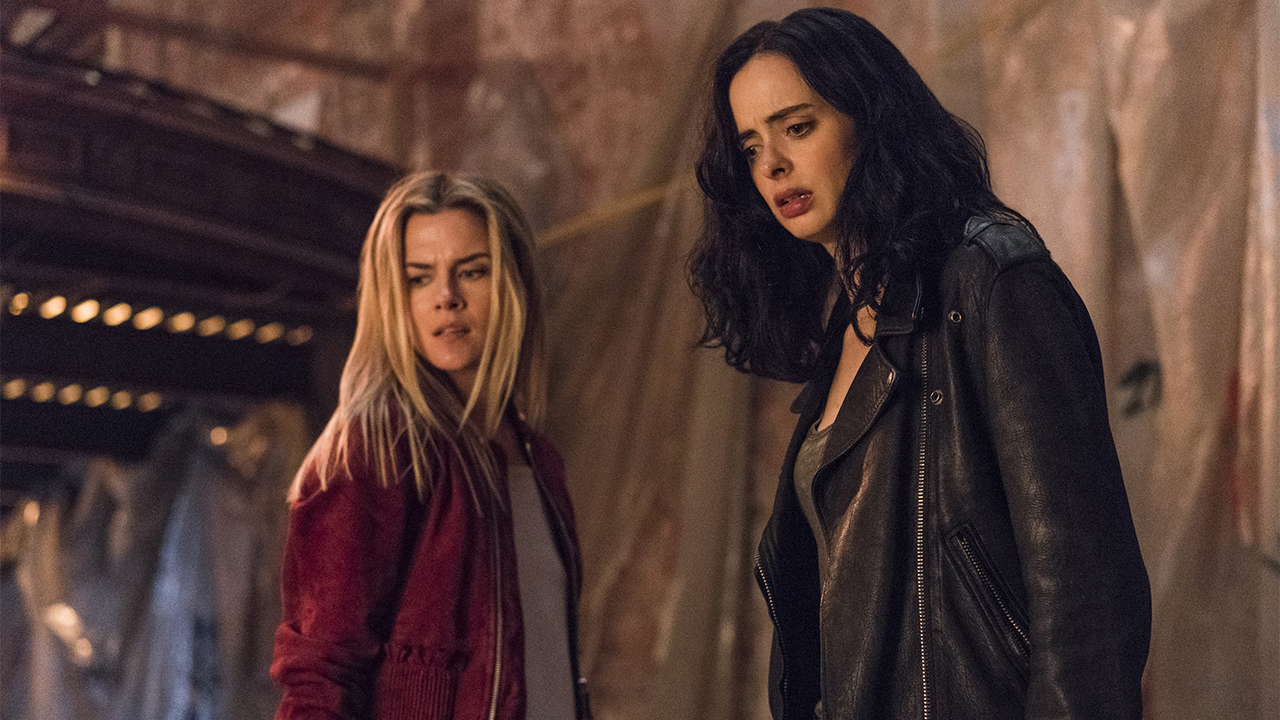
Over on Freeform and Hulu, more comic-book characters were coming to the small screen. Runaways – about a group of teenagers trying to put their supervillain parents in prison – managed three seasons, while Cloak & Dagger lasted two. Both were squarely aimed at teenagers, and they did modestly as a result – both more consistent in quality than the Netflix shows and less tethered to the movies (i.e. basically not at all) than the ABC shows. A series based on the New Warriors was set to make it to the airwaves, but was cancelled after just a pilot. It’s not hard to imagine that Runaways and Cloak & Dagger would still be going, if not for the end of Marvel Television.
And that brings us to Helstrom. Unfortunately, it's another Inhumans-shaped dud for Marvel Television, holding a 32% score on Rotten Tomatoes. That's not the way the studio deserved to go – sure, the overall quality control was more patchy than the movies, but there were highlights along the way. No doubt, Shield and the rest will soon be forgotten as future Disney Plus series centre on actual Avengers. But for a moment, let's wave goodbye to the Marvel Television we once knew and semi-loved. We love you 1500 (out of 3000).
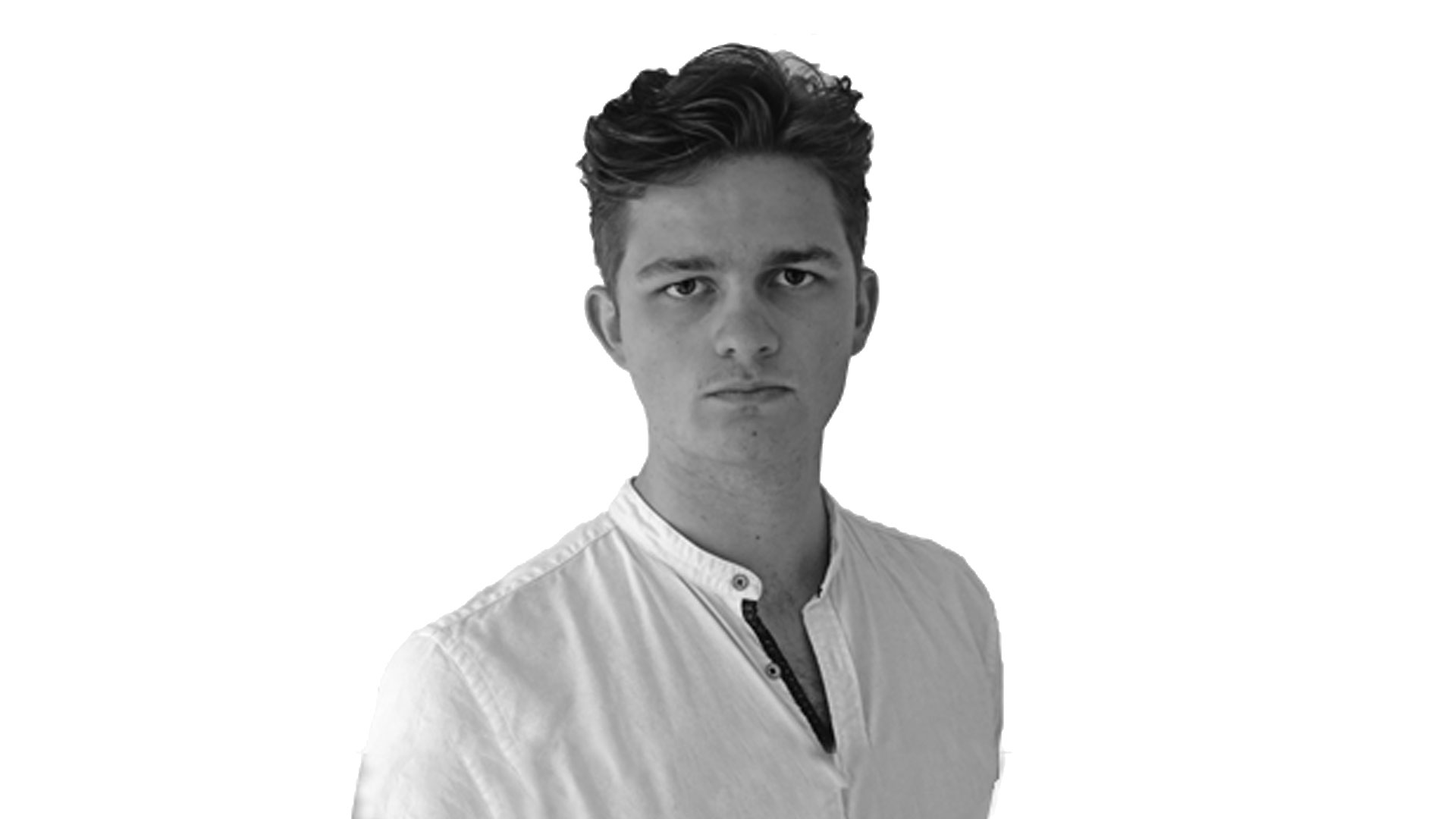
Jack Shepherd is the former Senior Entertainment Editor of GamesRadar. Jack used to work at The Independent as a general culture writer before specializing in TV and film for the likes of GR+, Total Film, SFX, and others. You can now find Jack working as a freelance journalist and editor.


